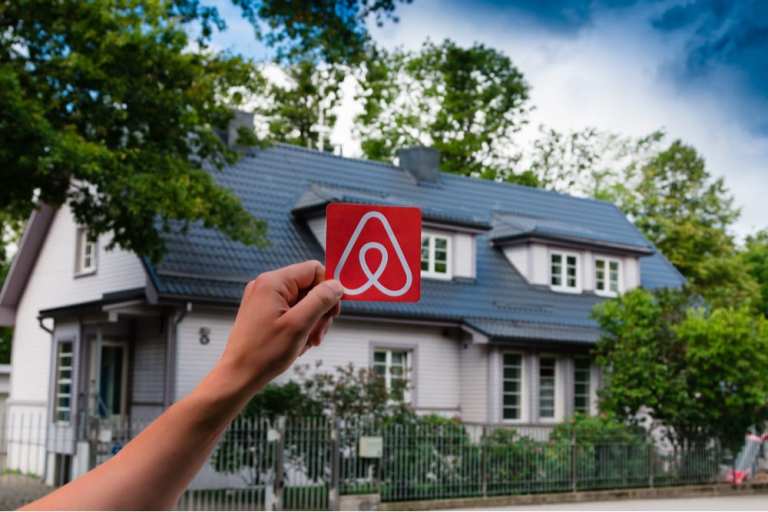Jersey City Votes To Tighten Short-Term Rental Regs

Airbnb suffered a blow on Tuesday (Nov. 5) when Jersey City residents voted to apply more regulations to short-term rentals, a decision that could have repercussions as the company prepares for an IPO, according to a report by CNBC.
More than 69 percent of voters cast their ballots for the measure. Many cities across the country are concerned with how the company operates and what effect its rentals have on long-term residents.
The regulations mean Airbnb will need permits to operate in the city, and will put limitations on the criteria for being categorized as a short-term rental. For example, a property can’t be considered a short-term rental for more than 60 nights if an owner isn’t present, and rent-controlled properties can’t be used.
The showdown between the company and the city could have greater implications on Airbnb’s value as it prepares to go public. The company spent about $4.2 million to fight the regulations.
“The people of Jersey City have spoken,” said Jersey City Mayor Steven Fulop. “We sent a message to Airbnb and all multi-billion-dollar companies that Jersey City and other similar municipalities cannot be bought.”
The city was swayed over the idea that tourists were flooding into residential areas and raising housing costs. The hotel industry and the workers’ union spent around $1 million on the referendum, which was the most expensive in New Jersey history.
“This is not only a big win for Jersey City, but it’s also a big win for all towns and cities big and small to be able to stand up to the corporations and say that our residents’ safety and quality of life greatly outweigh a $5 million campaign of misinformation from Airbnb,” Fulop said.
Airbnb said it was fighting for its community.
“From the start of this campaign, we knew this was going to be one of the toughest fights we’ve faced, with the big New York hotel industry determined to fight homesharing, but we had an obligation to stand up for our community,” said spokesperson Christopher Nulty.